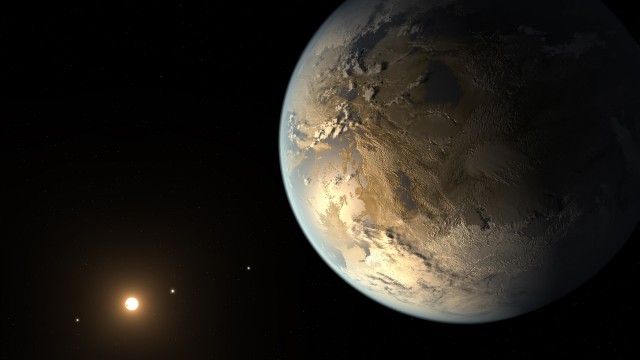Habitable exoplanets are bad news for humanity
Ars Technica » Scientific Method 2014-04-23

Last week, scientists announced the discovery of Kepler-186f, a planet 492 light years away in the Cygnus constellation. Kepler-186f is special because it marks the first planet almost exactly the same size as Earth orbiting in the “habitable zone,” the distance from a star in which we might expect liquid water—and perhaps life.
What did not make the news, however, is that this discovery also slightly increases how much credence we give to the possibility of our own near-term extinction. This is because of a concept known as the Great Filter.
The Great Filter is an argument that attempts to resolve the Fermi Paradox: why have we not found aliens (or why have they not found us), despite the existence of hundreds of billions of exosolar systems in our galactic neighborhood in which life might evolve? As the namesake physicist Enrico Fermi noted, it seems rather extraordinary that not a single extraterrestrial signal or engineering project has been detected (UFO conspiracy theorists notwithstanding).
Read 12 remaining paragraphs | Comments